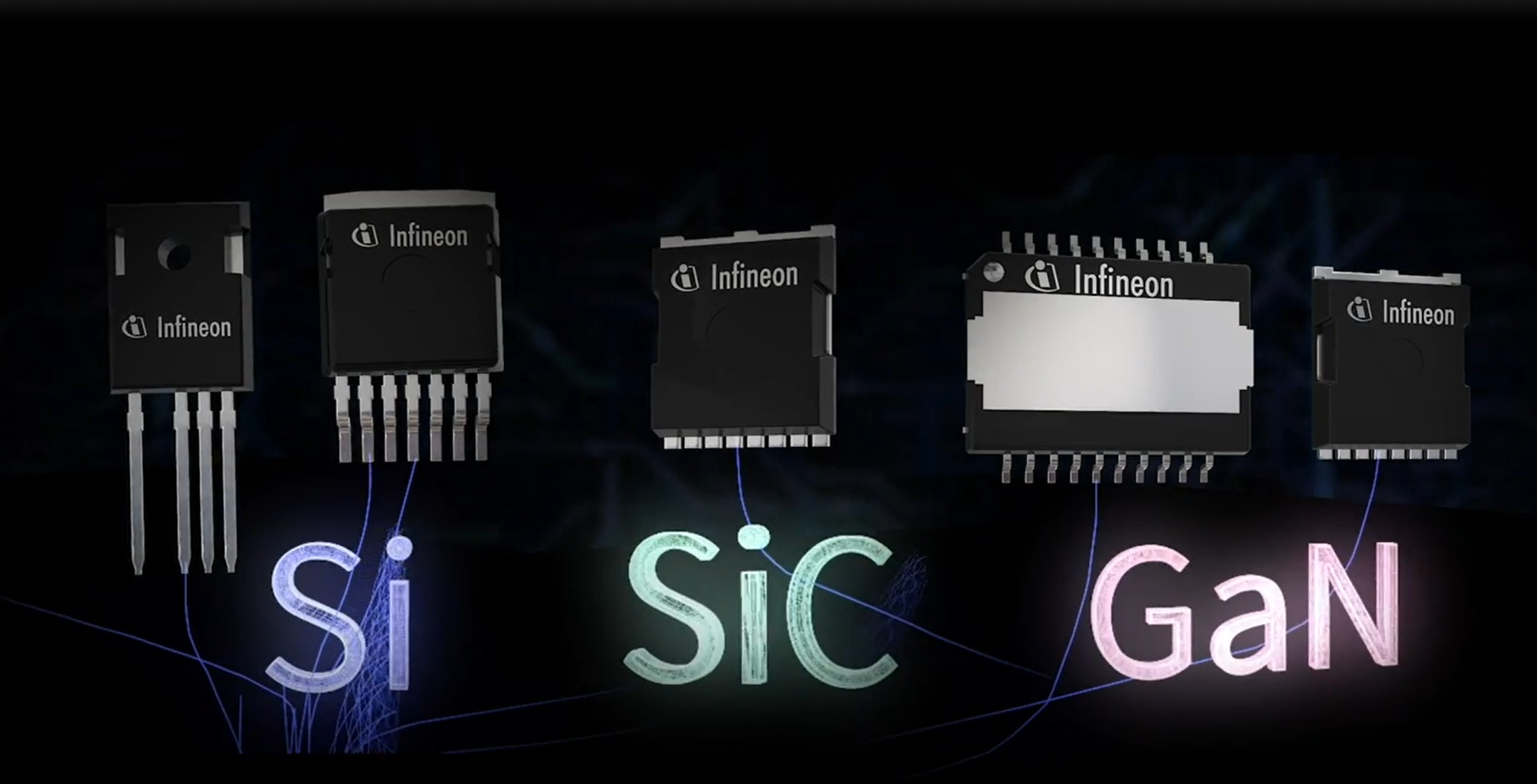Infineon‘s largest SiC plant in the world, officially put into operation
Time:2024-08-09
Views:370
Chipmaker Infineon‘s plant in Malaysia‘s Kulim has officially gone into operation, signaling a major victory for Malaysia‘s attempt to move upstream in the global semiconductor supply chain, Nikkei.com reported.
Infineon is focusing on the renewable energy sector as well as the demand for electrified applications such as electric vehicles and artificial intelligence data centers. The Kulim plant is scheduled to reach full capacity within the next five years, when it will become the world‘s largest silicon carbide plant, the company said.


Malaysia is not only Infineon‘s largest chip production base in Asia, but also home to its largest chip packaging and assembly business in the world. Ng Kok Tiong, Senior Vice President and Managing Director of Infineon‘s Gulin business, said that Infineon has about 15,000 employees in Malaysia, more than any other business operations, including headquarters in Germany.
As a market leader in power and microcontroller chips, Infineon is investing in several types of wide-band semiconductors, including those based on silicon carbide and gallium nitride. In contrast, wide-band semiconductors have a higher temperature and voltage tolerance than chips made from ordinary silicon wafers. Silicon carbide chips are critical for applications such as high-power electric vehicle charging solutions and renewable energy infrastructures, while energy-dense gallium nitride chips can be used to make smaller chargers and adapters.
Speaking to the press, Raj Kumar, senior vice president of technology and R&D at Infineon Gühring, said, "With silicon carbide, we can double the power density for the same size or we can halve the size for the same power, compared to silicon-based power solutions."
For the 2024 fiscal year (ending September this year), Infineon expects revenues of at least €600 million ($656 million) from silicon carbide-related solutions. The company has said it will invest an additional €5 billion in the second phase of its Gühring plant and has already secured €1 billion in upfront payments and about €5 billion in customer orders.
Growing market demand for energy efficiency and higher power output is driving demand for wide-bandwidth semiconductor devices in a variety of sectors, including electric vehicles, 5G infrastructure and power converters. The wide-bandwidth market size is expected to reach $13 billion by 2028, growing at a CAGR of 29.9% from 2023 to 2028, according to research firm Gartner. However, silicon carbide chips for power solutions are still currently three to four times more expensive than silicon-based solutions, industry executives said.









